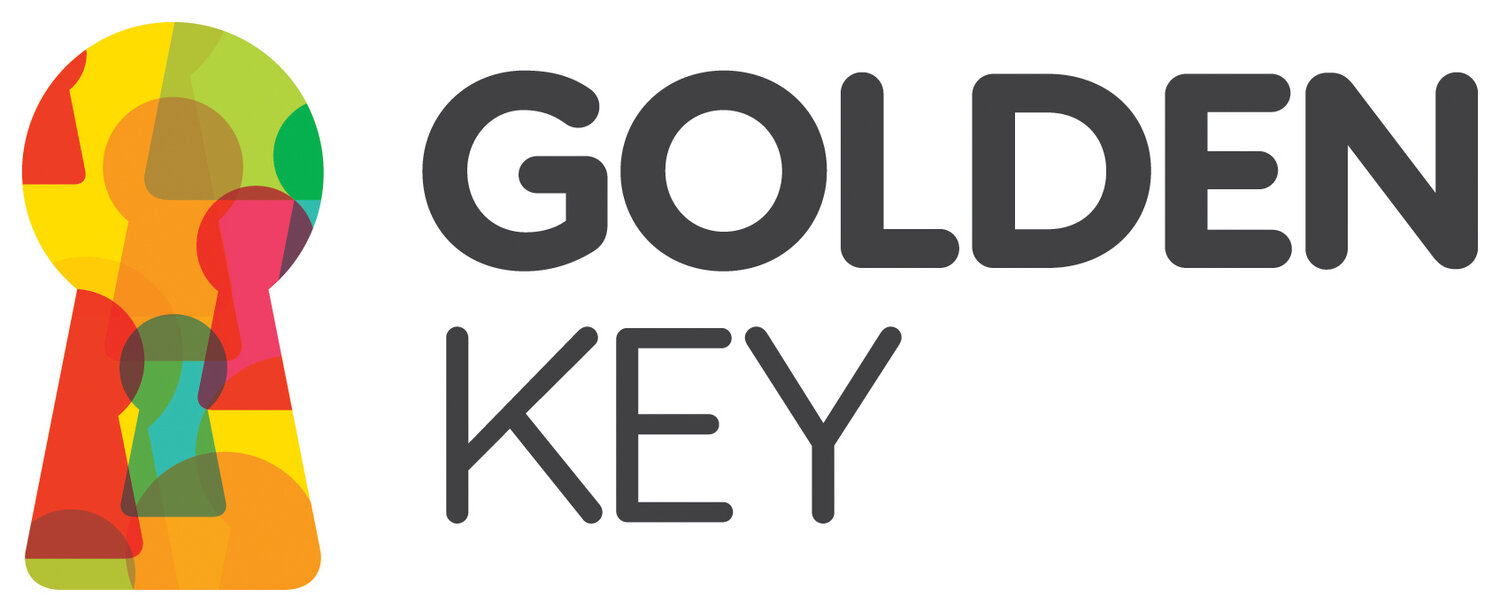How independent facilitation can work as an enabler of change
Over the past eight years, Golden Key’s successes have been based on looking at things differently, challenging the way things have always been done, and finding creative solutions to bring about positive change.
As a partnership programme, it was important for the chairs of Golden Key’s boards to be independent - people with no affiliations to other organisations, who could help put a mirror up to the system patterns and challenge board members to look at things from a different perspective.
For Golden Key’s Creative Solutions Board (CSB), that person has been Alison Comley.
The Creative Solutions Board was established in 2019. It was designed to bring together strategic leaders from across Bristol’s service provision network, from statutory bodies such as Bristol City Council and probation services, to local third sector organisations.
As its name suggests, the CSB is a space where the issues facing people with complex needs can be looked at creatively, using innovative new approaches. These are encouraged through shared accountability and not only help to find new solutions, but also enable its members see how and where clients can become ‘stuck’ in the system.
We spoke to Alison about the importance of her role, how she feels she made a difference and the changes that have been enabled as a result.
“I was delighted to be appointed by Golden Key as the independent chair of the CSB. The board was established to review client cases where progress through existing channels had been unsuccessful in providing solutions for people with complex needs, and to use that learning to then look at wider system change. It is a multi-agency, multi-professional forum, comprising board members with the authority and influence to tackle service blocks within the system, to improve outcomes for the individual clients who are presented, and support system change for the wider complex needs community in Bristol.
I feel my role has been very much about building good working partnerships and encouraging people to flex the system for the individual. While everyone was already passionate and committed, the mandate of the board has enabled people to work in a different way and try different approaches.
As soon as actions were agreed, it was essential to make sure people know exactly what they were being asked to do, and then to work quickly, so that we didn’t lose the momentum. This was crucial in positively impacting clients’ circumstances. At each meeting we reviewed those actions to track what had been achieved.
The current system struggles to work with clients who don’t fit in the usual boxes. Having a strengths-based approach – accentuating the positives rather than focusing on the negatives - has made a big difference to the way solutions have been created for them. We have been able to flex the system for a number of individuals, though wider system change has been harder to achieve.
I feel proud of the things we have accomplished together, such as setting an example of good practice in multi-agency partnership working. I sincerely hope that the lessons we have learnt, such as simplifying systems and building trust between organisations, will be carried forward to make lasting positive changes to the services we provide for the most vulnerable in our community.”
To find out more about the CSB, its innovative methods and achievements over the past three years, a detailed evaluation by the University of the West of England (UWE) can be found here.
